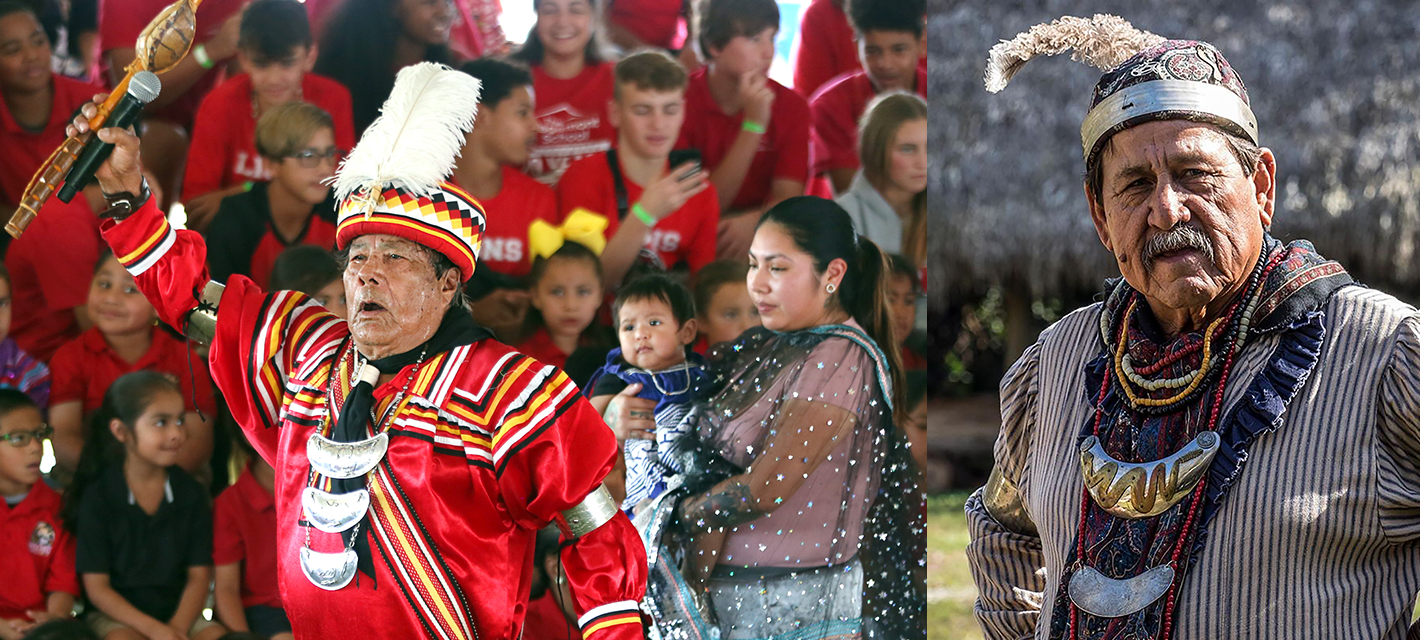The History of Pinellas County’s First Peoples
Pinellas County is the ancestral land of the Tocobaga, Calusa, Miccosukee, and Seminole tribes, who thrived for generations upon generations before Spanish colonizers stole and settled their land. For centuries, European explorers and then the U.S. government exploited, forcibly relocated, and massacred these Native peoples.
The Seminole Tribe of Florida
In 1821 the U.S. government forced the Seminole people in Florida, including a population of Black Seminoles, to relocate to Oklahoma. About 300 people avoided capture and more than 4,000 of their descendants make their home in Florida today, maintaining their legacy as the “Unconquered People.”

Over 4,000 Seminole people make their home in Florida today
The Ongoing Fight for Native Rights
Settler colonialism in the Americas has created an environment in which Native people are disproportionately affected by many issues including poverty, police brutality, violence against women, and state-sanctioned injustices. In response, the native rights movement began in the late 1960s. Like the civil rights movement, organizers fought for equality, respect, and safety, and Native organizers called attention to government and private institutions for treaty, land, and human rights violations against Native people.
Solidarity between the two movements grew in the 1970s as it became clear they were a part of the same struggle. Today, both Black and Indigenous people in Florida still struggle to achieve fair, equitable opportunities and outcomes under our current systems.
